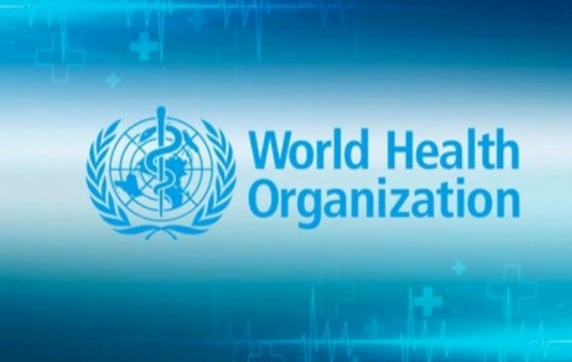The World Health Organisation (WHO) has raised an alarm as 42 per cent of nurses in Africa reported intentions to emigrate, posing a significant threat to the region’s already strained healthcare workforce.
Chikwe Ihekweazu, the acting WHO regional director for Africa, issued the warning in his message on Saturday, marking International Nurses Day.
Mr Ihekweazu highlighted that while the global nursing workforce had increased to 29.8 million, up from around 28 million in 2018, there were concerning disparities.
“Nearly 80 per cent of nurses serve only 49 per cent of the world’s population, underscoring severe inequities in healthcare delivery.
“Today, on International Nurses Day, we honour the commitment, compassion, and courage of nurses across Africa and the world.
“Nurses represent nearly 70 per cent of the health workforce and are the foundation of our health systems, essential every day and indispensable in times of crisis,” Mr Ihekweazu said.
Mr Ihekweazu pointed out that while recent investments in nursing education and training in Africa had shown positive results, the number of nurses had increased from 900,000 in 2018 to 1.7 million in 2023.
“This growth is a testament to the efforts made to improve healthcare staffing on the continent. However, in spite of these advancements, the nurse-to-population ratio remains one of the lowest globally, significantly lower than in high-income countries.
“This disparity highlights the ongoing challenges in addressing healthcare workforce shortages in Africa. Yet, this is still one of the lowest ratios worldwide and more than tenfold lower than in high-income countries,” he said.
He noted that nurses accounted for 66 per cent of Africa’s projected shortfall of 6.1 million health workers by 2030. This gap limited access to essential healthcare services and hindered progress towards universal health coverage.
Additionally, Mr Ihekweazu emphasised that despite 43 per cent of the nursing workforce in Africa being under 35, many nurses lacked access to mentorship or clear career pathways.
He also raised concerns about the continued recruitment of nurses from low-income countries by high-income nations, which relied heavily on foreign-born nurses, accounting for nearly 25 per cent of their nursing workforce.
The WHO official also highlighted a 43 per cent shortfall in health workforce financing in African countries, leading to widespread underemployment, particularly among nurses and midwives.
According to him, in May 2024, African leaders endorsed the Africa Health Workforce Investment Charter, paving the way for long-term improvements.
Mr Ihekweazu noted that some countries, like Zimbabwe, were taking steps to address the challenges.
“For example, Zimbabwe’s new Investment Compact aims to mobilise an additional $166 million annually over the next three years to strengthen its health workforce,” he said.
According to him, the annual report recommended nursing education, the introduction of advanced practice roles and the improvement of working conditions.
“In spite of women comprising 85 per cent of the nursing workforce, the gender pay gap remains at seven per cent,” he said.
Mr Ihekweazu ended by stressing the broader role of nurses: “Nurses are more than caregivers.”

